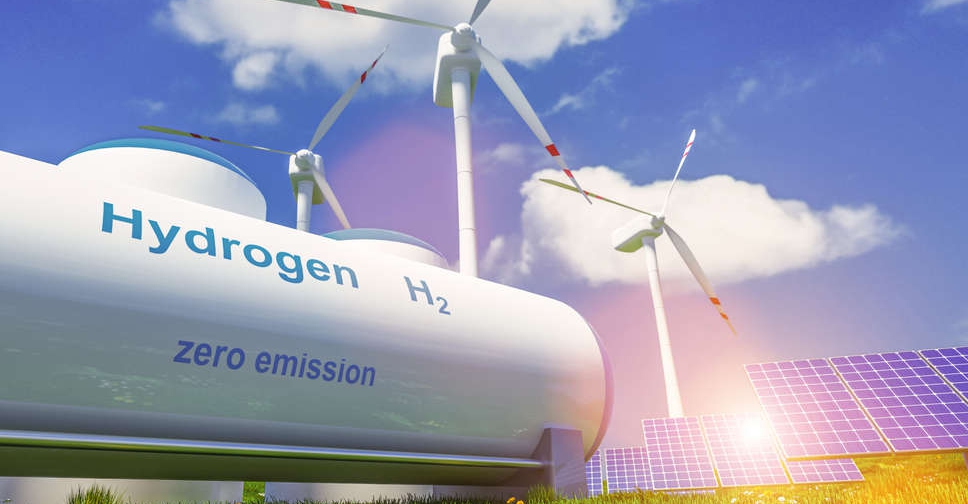
Abu Dhabi's Department of Energy (DoE) is developing a low-carbon hydrogen policy and regulatory framework in partnership with key government and private entities.
The move aims to accelerate the UAE’s national hydrogen strategy and position Abu Dhabi as a leader in the production and usage of hydrogen worldwide.
Locally produced hydrogen will also act as a driver of innovation and economic diversification, allowing for the decarbonisation of the economy.
The policy, to be published before the end of 2022, will support the increase of low-carbon hydrogen production in Abu Dhabi to more than 1 million tonnes per annum by 2030 and help double the clean energy sector’s contribution to the total energy mix to 50 per cent by 2050.
The regulatory framework will clearly define policies, regulations, standards, and certifications for the emerging hydrogen industry to be globally competitive.
Due to the nature of the industry, its wide target markets, emerging industrial forms and functions, growth characteristics of demand, and deeply technical components, a policy and regulatory framework is essential.
The DoE is working with key Abu Dhabi government and private sector stakeholders including ADNOC, Mubadala, Masdar, ADQ, TAQA, Emirates Water and Electricity Company, Abu Dhabi Ports, Ministry of Infrastructure and Energy, Department of Economic Development, Department of Municipalities and Transport, Department of Finance and Environment Agency – Abu Dhabi.
.@AbuDhabiDoE is developing a low-carbon hydrogen policy and regulatory framework in collaboration with key government and private sector partners to accelerate the UAE’s national hydrogen strategy and cement #AbuDhabi as a prominent player in the hydrogen market. pic.twitter.com/XSb4Ctquug
— مكتب أبوظبي الإعلامي (@ADMediaOffice) August 22, 2022
Hydrogen production in the UAE
In Abu Dhabi, hydrogen production is underway as a feedstock for ammonia and industrial processes.
However, this is mainly grey hydrogen, for which production relies on natural gas.
ADNOC has announced plans to increase its carbon capture capacity five-fold from 800,000 tonnes to five million tonnes by 2030.
This will make Abu Dhabi one of the world’s lowest-cost and largest producers of blue hydrogen.
Abu Dhabi advantage in green hydrogen production
With its abundance of land, water and solar electricity, Abu Dhabi is committed to being a global supplier of green hydrogen.
The DoE’s policy and regulatory framework addresses the issue of how the emirate will produce green hydrogen at a large scale.
Many sectors, government departments, ministries, and international bodies are parties of interest that have a stake in hydrogen production and adoption.




 UAE issues alert over foggy conditions
UAE issues alert over foggy conditions
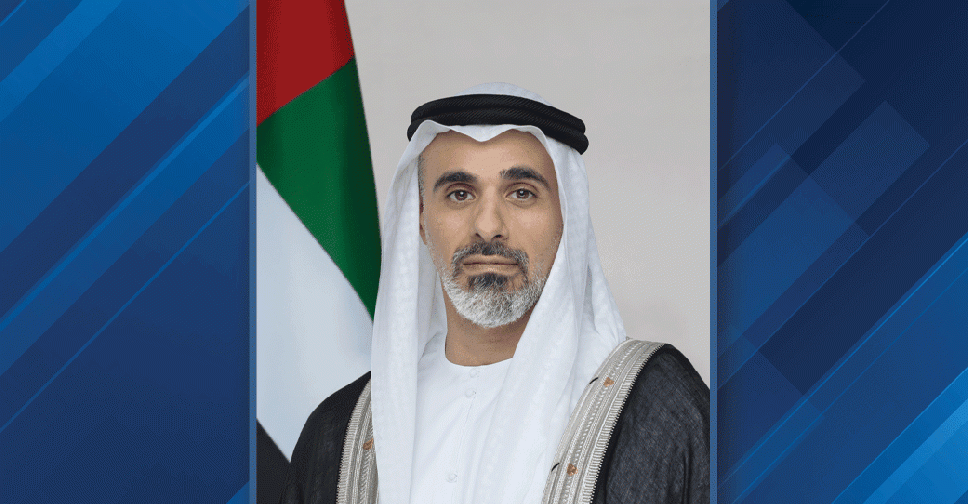 Abu Dhabi Crown Prince to lead UAE delegation at G20 Summit
Abu Dhabi Crown Prince to lead UAE delegation at G20 Summit
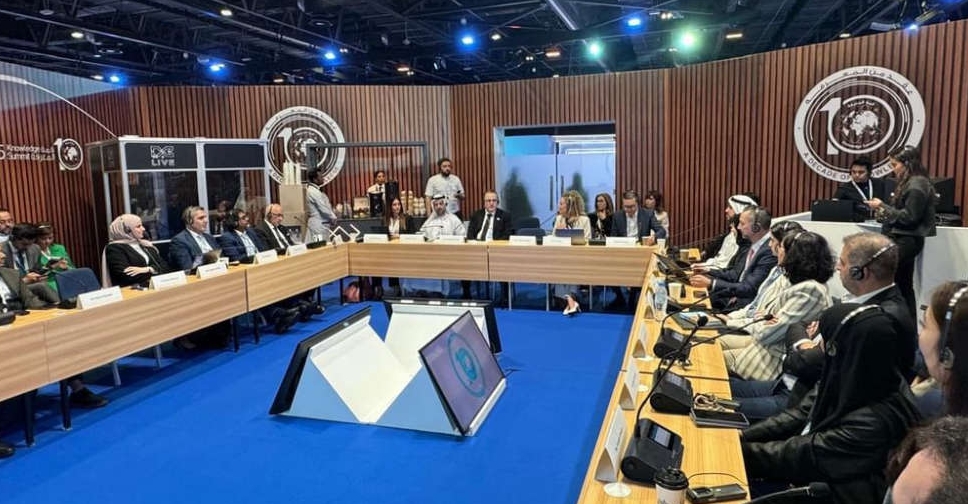 UN praises UAE’s leadership in digital transformation
UN praises UAE’s leadership in digital transformation
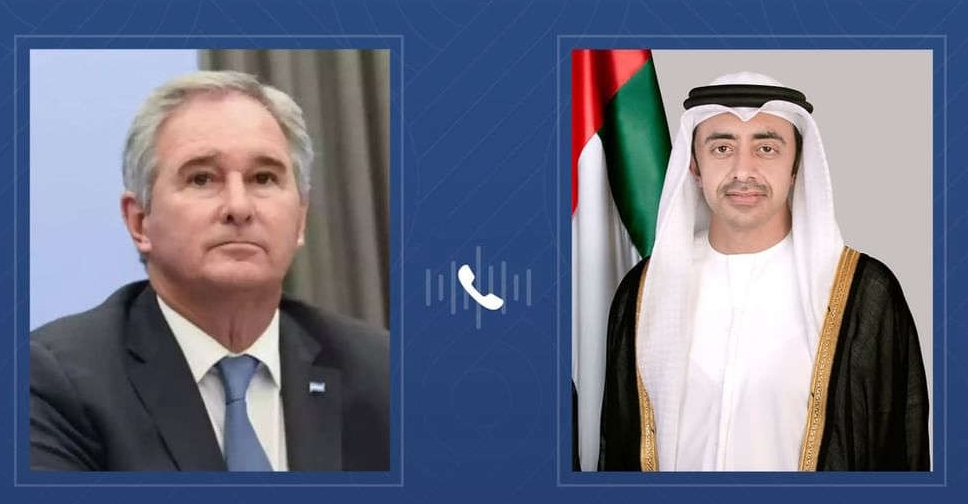 Sheikh Abdullah congratulates new Argentine FM in bilateral talks
Sheikh Abdullah congratulates new Argentine FM in bilateral talks
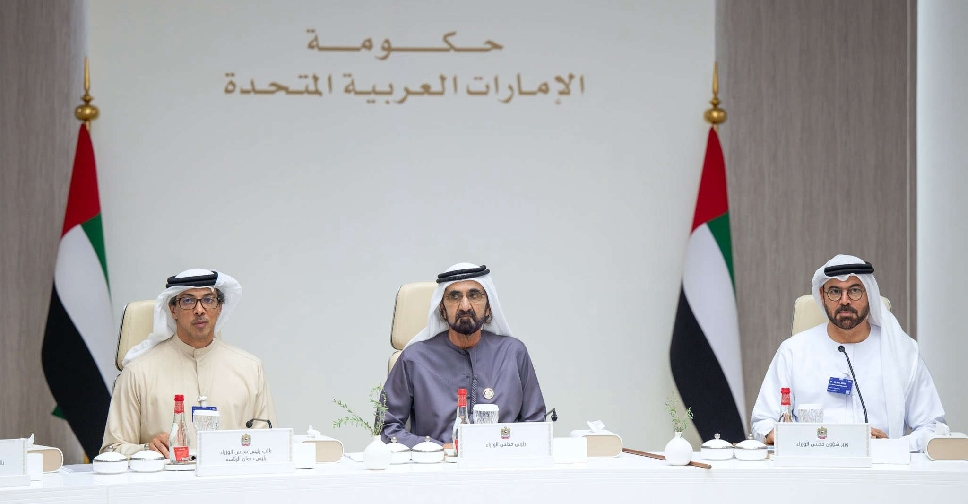 UAE announces AED 36.7 billion investment fund
UAE announces AED 36.7 billion investment fund
 UAE joins Oman in celebrating 55th National Day
UAE joins Oman in celebrating 55th National Day
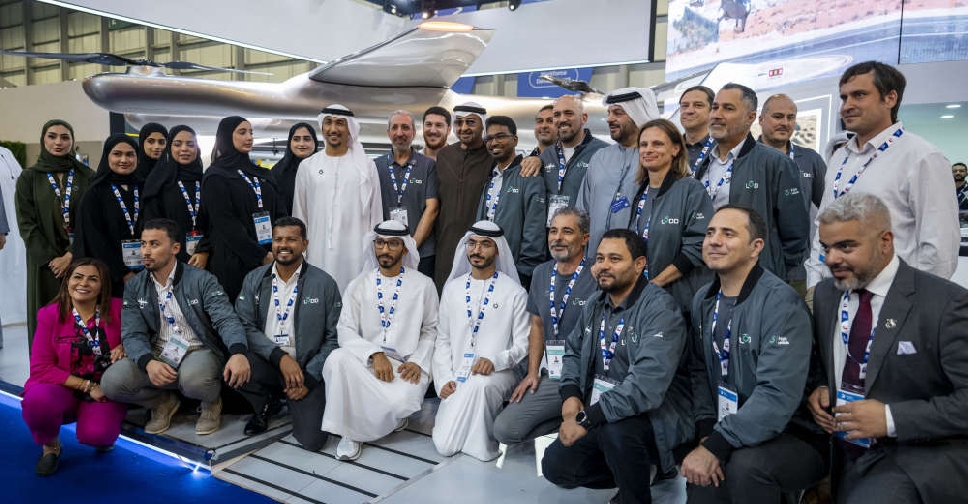 UAE President tours Dubai Airshow
UAE President tours Dubai Airshow
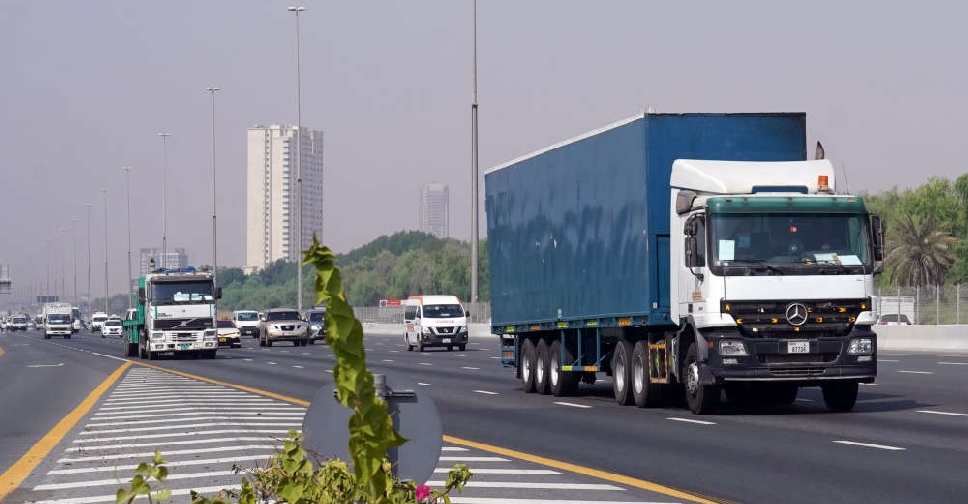 Dubai’s truck restrictions cut congestion, boost traffic flow
Dubai’s truck restrictions cut congestion, boost traffic flow
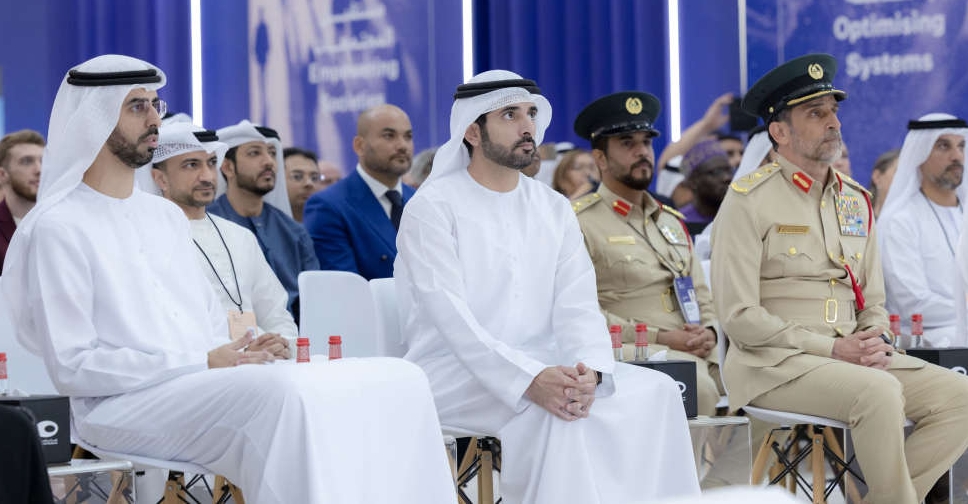 H.H. Sheikh Hamdan honours winners of first Dubai Foresight Awards
H.H. Sheikh Hamdan honours winners of first Dubai Foresight Awards
 UAE expresses solidarity with India over bus crash carrying pilgrims
UAE expresses solidarity with India over bus crash carrying pilgrims
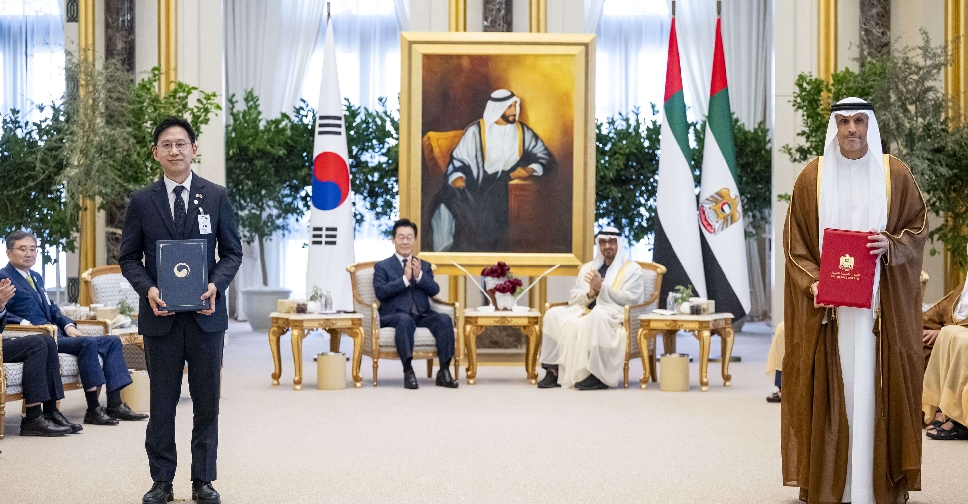 UAE and South Korea advance strategic cooperation
UAE and South Korea advance strategic cooperation
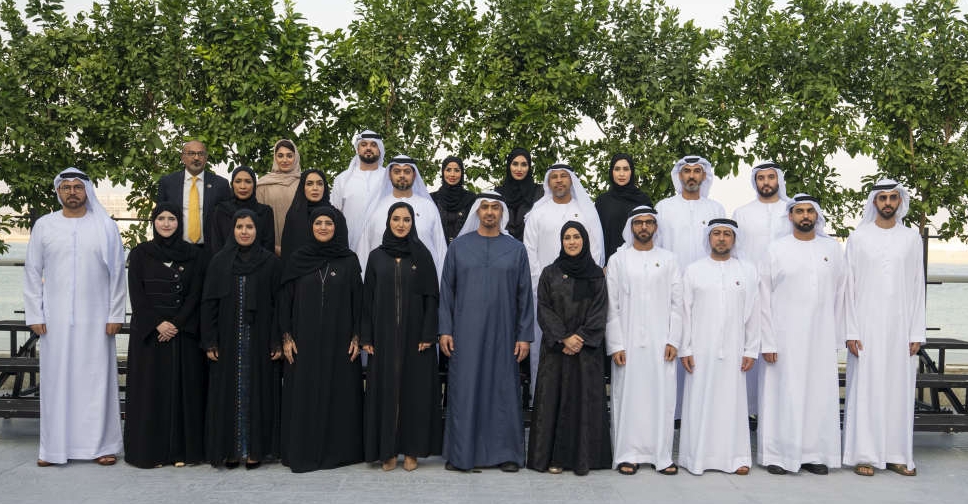 UAE President meets new batch of Emirati talent enrolled for leadership training
UAE President meets new batch of Emirati talent enrolled for leadership training
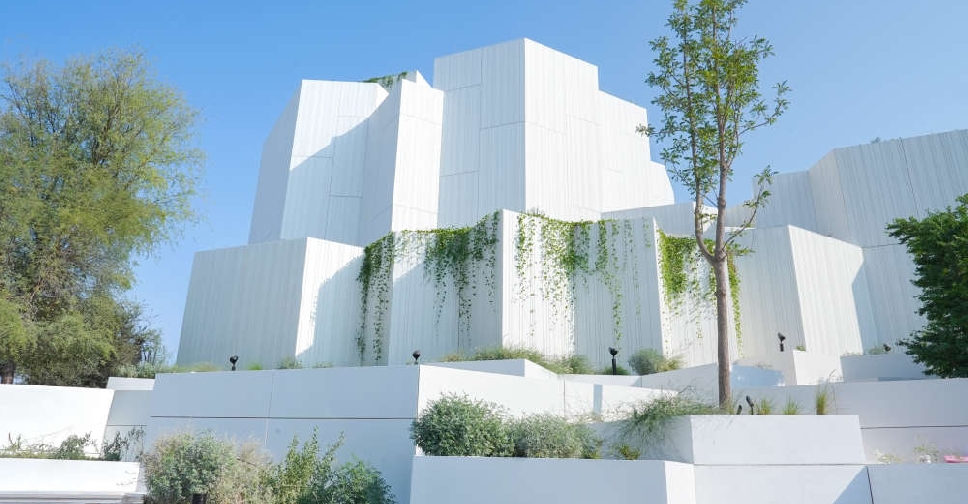 Natural History Museum Abu Dhabi reveals ticket prices
Natural History Museum Abu Dhabi reveals ticket prices
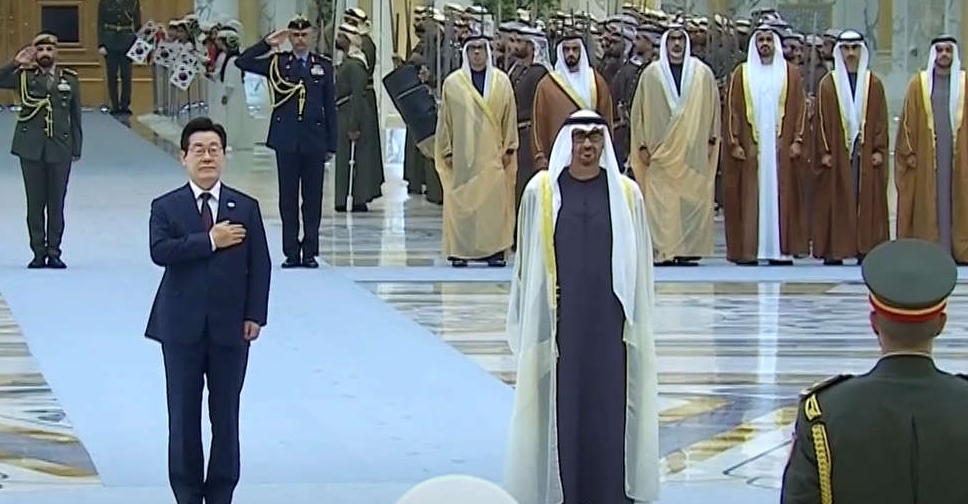 UAE President holds official reception for South Korean leader
UAE President holds official reception for South Korean leader
 UAE rescue team concludes relief operations in Afghanistan
UAE rescue team concludes relief operations in Afghanistan
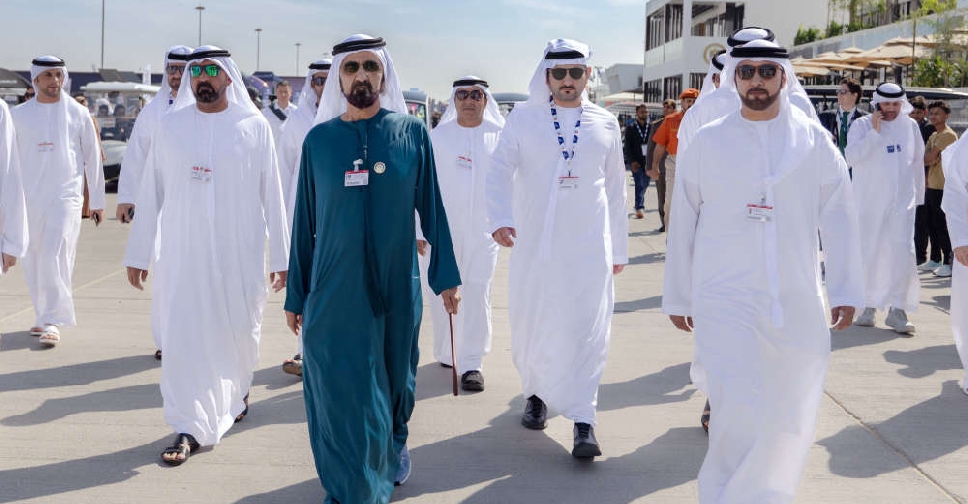 H.H. Sheikh Mohammed tours Dubai Airshow
H.H. Sheikh Mohammed tours Dubai Airshow
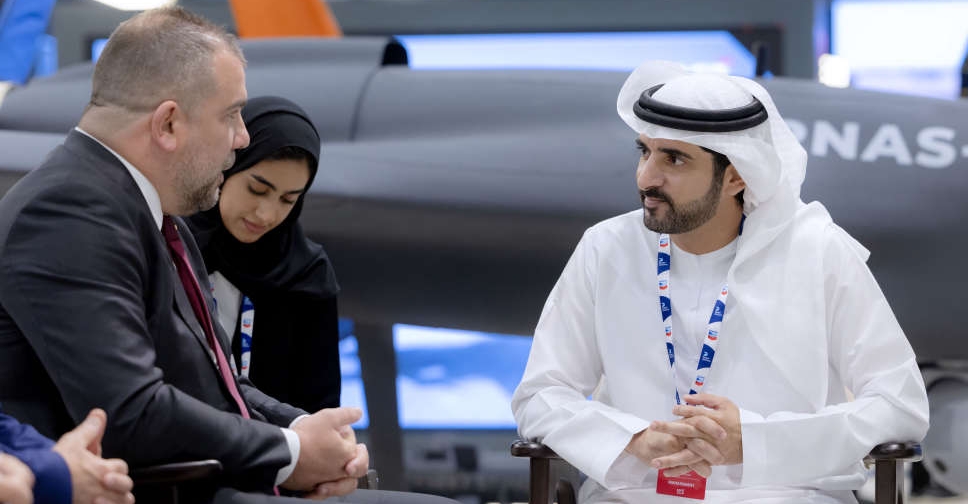 Sheikh Hamdan holds talks with Defence Ministers of Armenia, Montenegro
Sheikh Hamdan holds talks with Defence Ministers of Armenia, Montenegro
 South Korean President tours Wahat Al Karama in Abu Dhabi
South Korean President tours Wahat Al Karama in Abu Dhabi
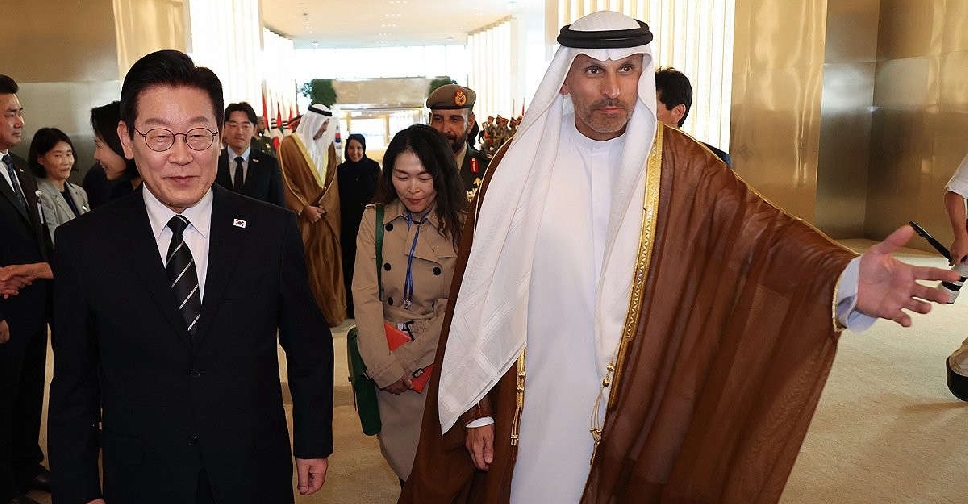 South Korean President arrives in UAE on state visit
South Korean President arrives in UAE on state visit
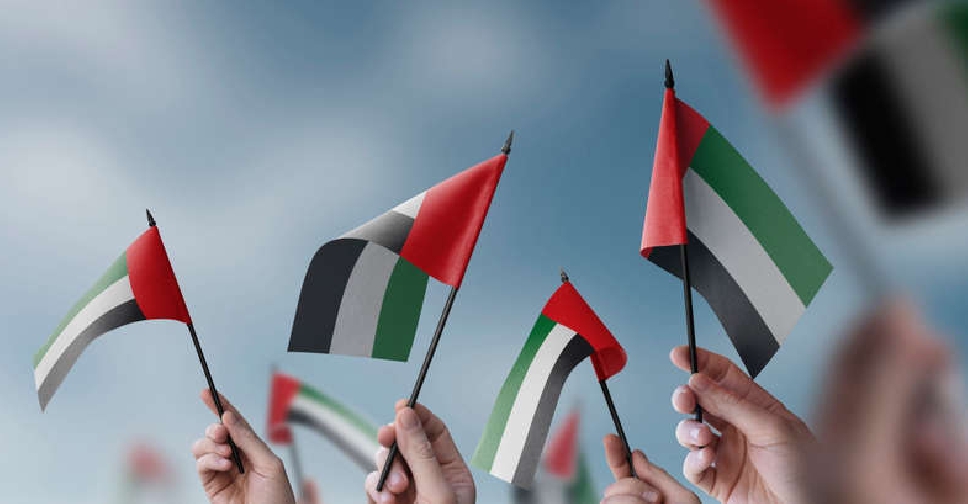 Eid Al Etihad holidays confirmed for UAE private sector
Eid Al Etihad holidays confirmed for UAE private sector
